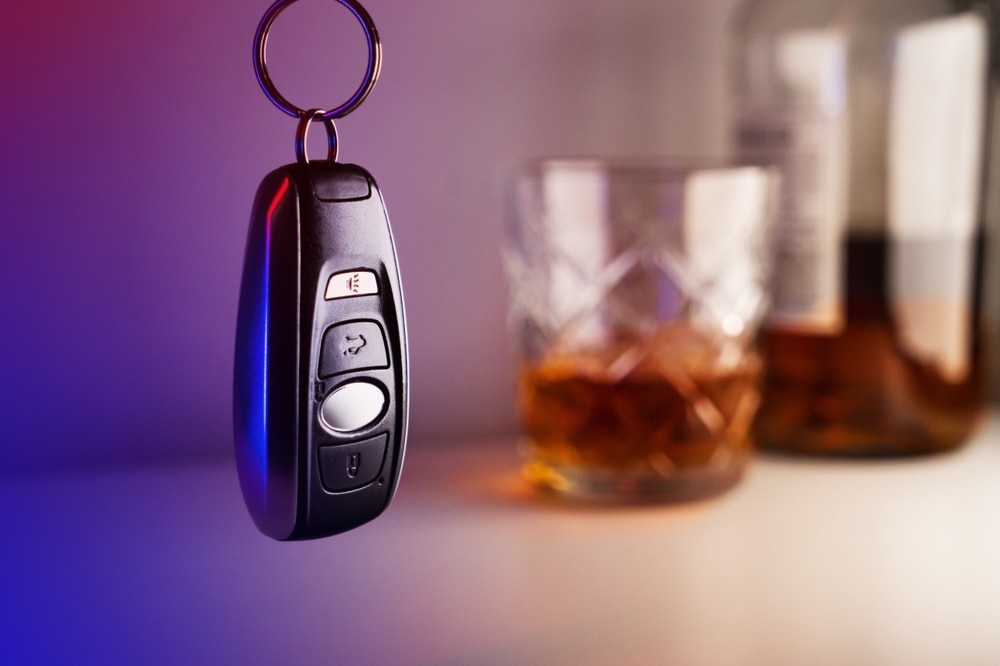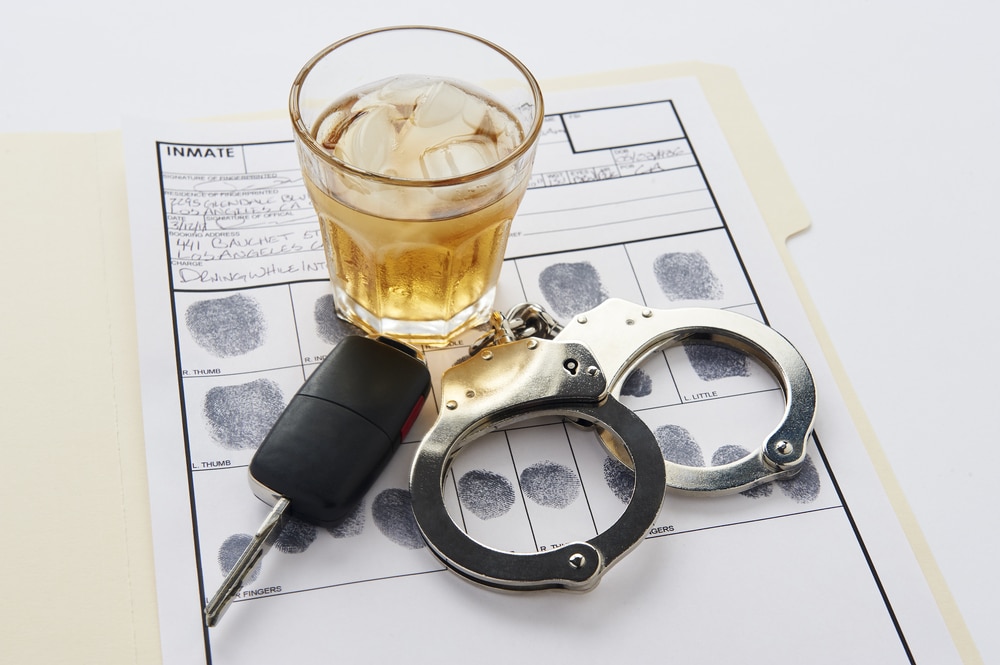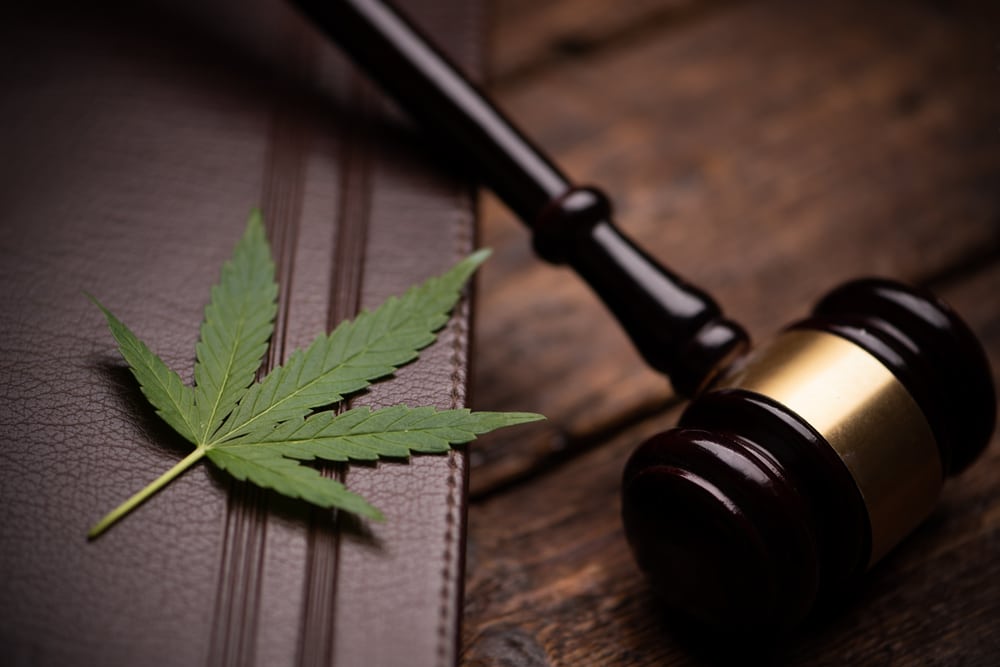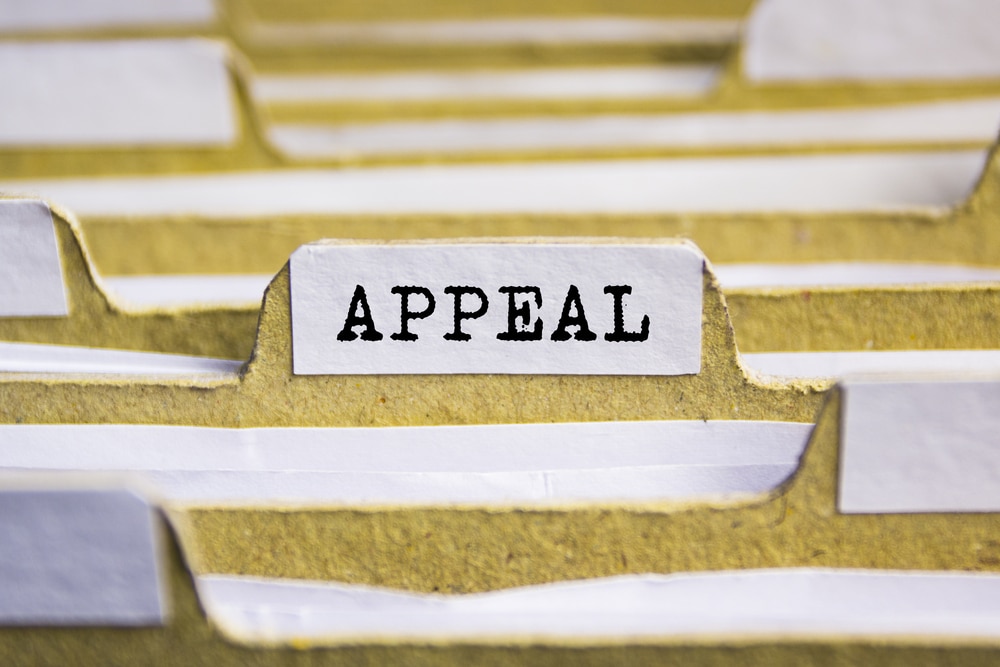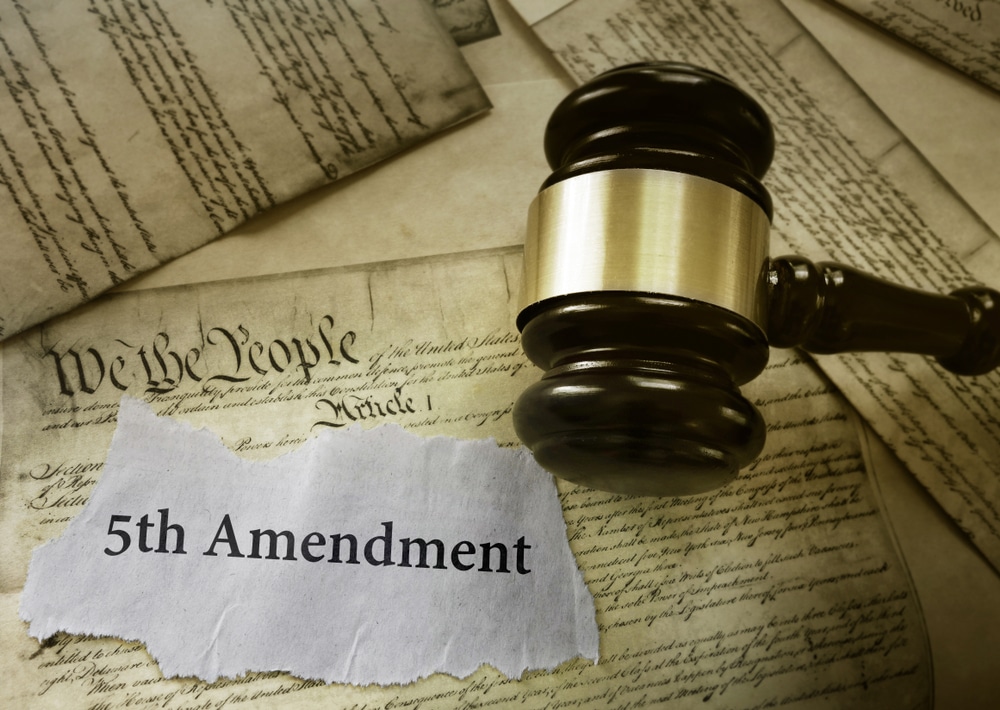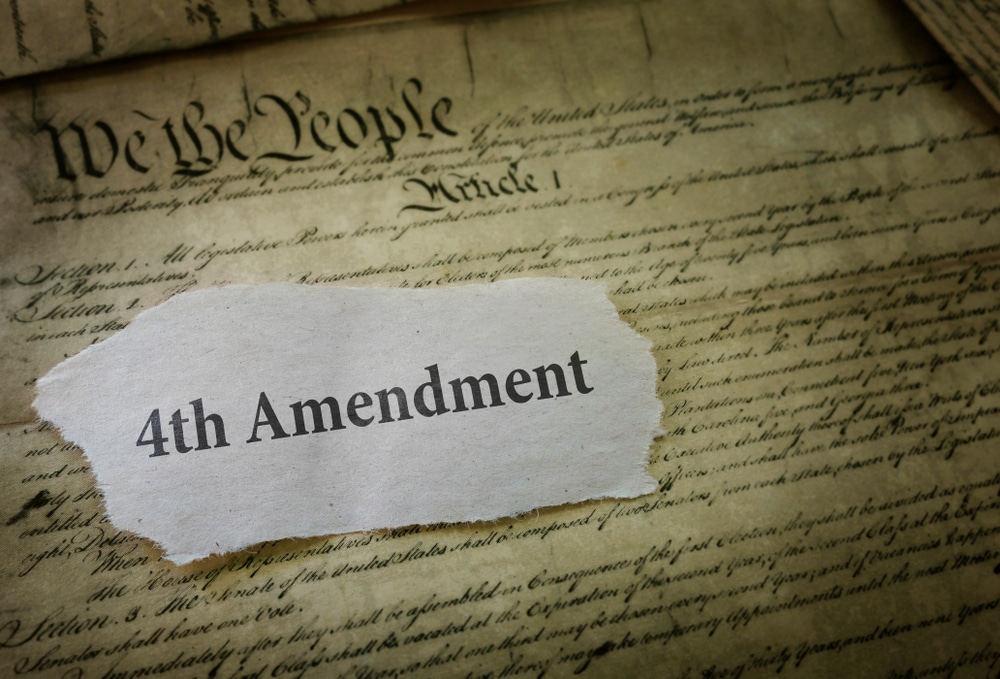A DWI can come with serious consequences, especially if you’re facing felony charges. While a first DWI is typically charged as a misdemeanor, there are certain situations in which an offense of driving under the influence can be a felony. For instance, if there are aggravating circumstances present, or you have repeat offenses on your record, a DWI can rise to the level of a felony — and harsher penalties can be imposed.
A DWI can be charged as a felony in New York under the following circumstances:
Repeat DWI Offenses
Although a first DWI is generally treated as a misdemeanor, repeat impaired driving offenses can be charged as felonies. Depending upon the number of prior convictions — and how long ago they occurred — you could face a charge for a Class E or D felony. Specifically, a second DWI within a ten year period is a Class E felony, which comes with a fine of $1,000 to $5,000 and up to four years in jail. More severe penalties can be imposed for a third DWI offense within ten years. A third offense within ten years can be charged as a Class D felony, punishable by a fine of $2,000 to $10,000 and up to seven years in jail.
Leandra’s Law Violations
You can be charged with a felony under Leandra’s Law if you committed a DWI, DWAI, or DWAI/Combination while there was a child younger than 16 years old in the vehicle. In such cases, even a first-time DWI offender can be charged with a Class E felony, which can be punishable by up to four years in state prison. If your impairment by alcohol or drugs caused an accident that resulted in serious physical injury to the child, you can face Class C felony charges, which come with a sentence of 15 years in jail. In the event a DWI crash caused fatality to the child, you can be charged with a Class B felony and face 25 years in prison.
The DWI Resulted in Bodily Injury or Fatality
If you were involved in a DWI accident that resulted in bodily injury to another, you can be charged with the crime of vehicular assault — a Class E felony. The charges increase to a Class D felony if your driving under the influence caused an accident which resulted in the death of another. In addition, you can be charged with the crime of aggravated vehicular assault if your BAC (blood alcohol content) was above .18%, or you committed the offense while your license was revoked for a prior DWI. Aggravated vehicular assault is a Class C felony, which carries a sentence of up to 15 years in jail.
Operating a Commercial Vehicle Under the Influence
Commercial drivers have a lower BAC requirement — unlike regular motor vehicle operators who have a legal BAC limit of .08%, a commercial driver can face DWI if their BAC is .04%. Significantly, a commercial DWI may be a felony in certain cases, depending on the type of vehicle involved. A school bus driver can also face a felony charge if they were operating the vehicle under the influence with at least one student passenger on board.
Contact an Experienced New York DWI Attorney
If you have been accused of a felony DWI, it’s essential to have the representation of a knowledgeable criminal defense attorney who can fight the charges against you. The attorneys at D’Emilia Law offer experienced advocacy to those who are facing DWI offenses and work to obtain the best possible outcomes in each of their cases. To schedule a consultation, contact us at 1-888-DEMILIA.

